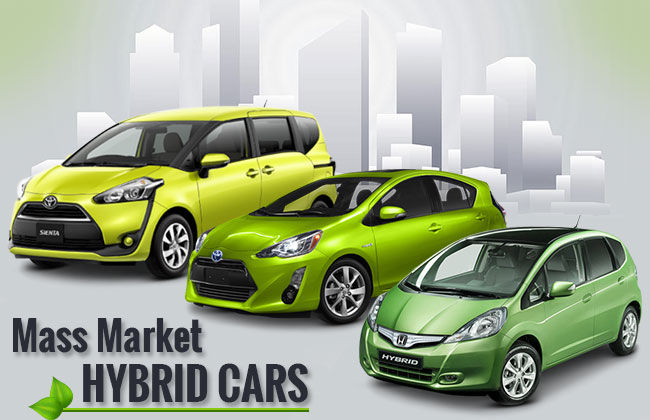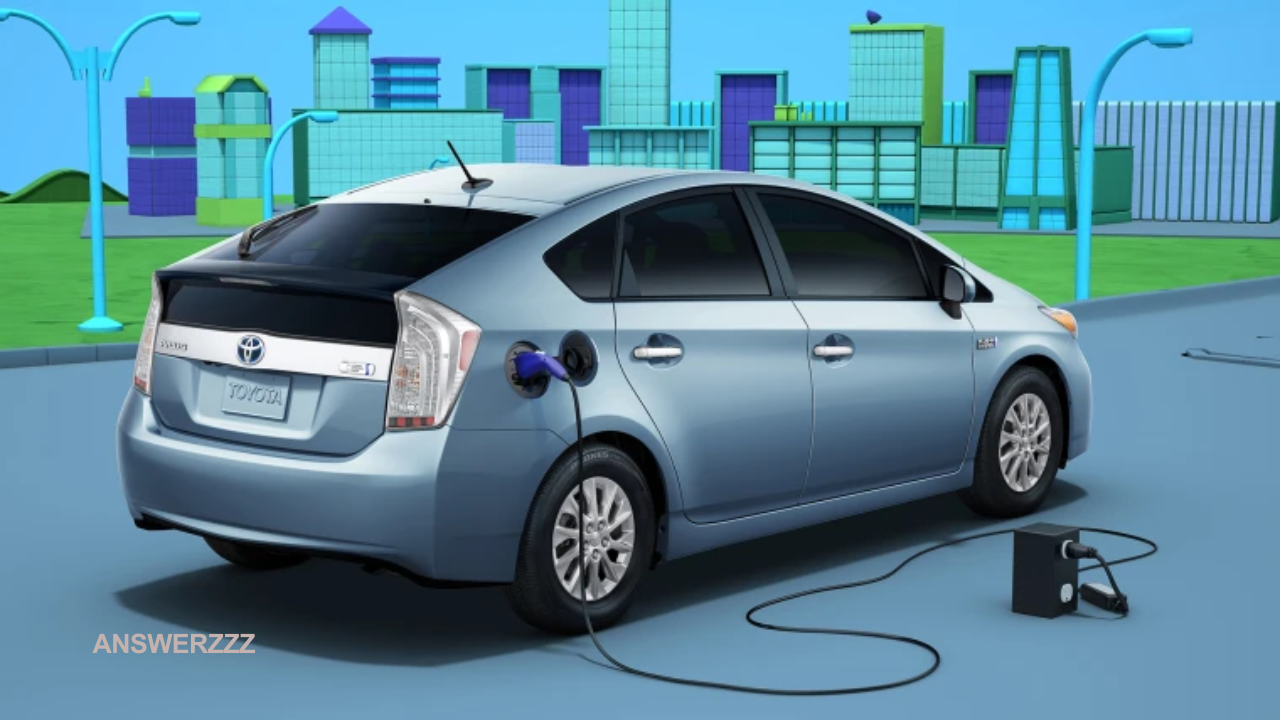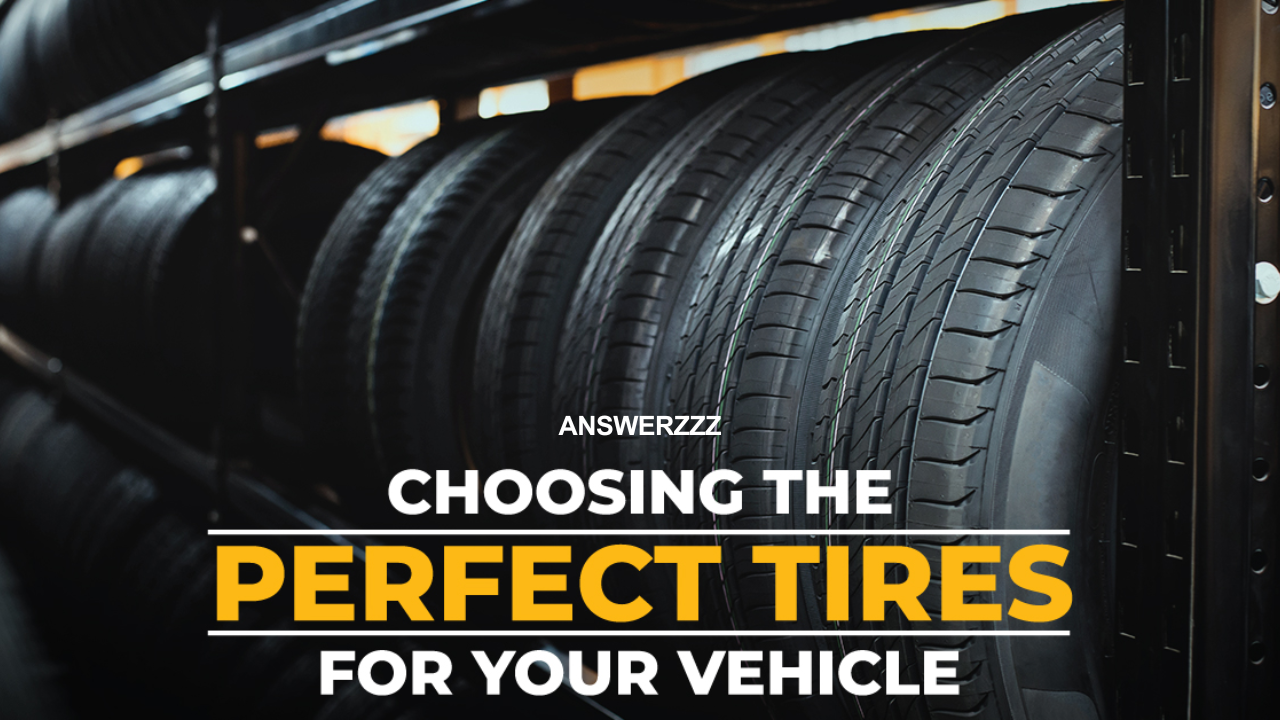In recent years, the automotive industry has experienced a significant transformation, and at the forefront of this change are hybrid cars. Once considered a niche option for environmentally conscious drivers, hybrids have moved into the mainstream, capturing the attention of a wide range of consumers. Their increasing popularity can be attributed to several factors, including environmental concerns, advancements in technology, economic benefits, and evolving consumer preferences. This blog explores these driving forces and explains why hybrid vehicles are becoming a go-to choice for modern drivers.
Environmental Concerns and the Push for Sustainability
One of the primary reasons hybrid cars are gaining traction is the growing awareness of climate change and the need to reduce greenhouse gas emissions. Traditional internal combustion engine (ICE) vehicles are a major contributor to carbon dioxide emissions, which negatively impact the environment. In contrast, hybrid cars, which combine a gasoline engine with an electric motor, offer a more eco-friendly alternative by consuming less fuel and producing fewer emissions.
Governments worldwide are introducing stricter environmental regulations and incentivizing the adoption of greener technologies. Policies such as tax rebates, subsidies, and exemptions from certain road tolls are encouraging consumers to opt for hybrid vehicles. These incentives not only make hybrid cars more affordable but also reinforce the idea that choosing such vehicles contributes to a sustainable future. For environmentally conscious consumers, driving a hybrid represents a tangible step toward reducing their carbon footprint.

Technological Advancements
The technology behind hybrid vehicles has evolved significantly, making them more appealing than ever. Early hybrid models often faced criticism for their limited range and performance issues, but modern hybrids have addressed these concerns. Improved battery technology, regenerative braking systems, and seamless integration between gasoline and electric power have enhanced their efficiency and driving experience.
Regenerative braking, for example, captures energy lost during braking and converts it into electricity to recharge the battery. This innovative feature not only improves fuel efficiency but also reduces wear and tear on brake components. Additionally, advancements in battery technology have led to longer-lasting and more reliable batteries, alleviating concerns about costly replacements.
Manufacturers have also focused on improving the aesthetics and performance of hybrid cars. Today’s hybrids are no longer just fuel-efficient; they are stylish, powerful, and packed with cutting-edge features. From compact cars to SUVs, the variety of hybrid options ensures that there is something to suit every driver’s needs and preferences.
Economic Benefits
The financial advantages of owning a hybrid car are another significant factor contributing to their popularity. While the upfront cost of a hybrid vehicle may be higher than that of a traditional car, the long-term savings often outweigh this initial investment. Hybrid cars are known for their exceptional fuel efficiency, which translates to lower fuel costs over time. For drivers who frequently travel long distances or face rising fuel prices, this can result in substantial savings.
The Best Car Accessories for a Comfortable and Safe Road Trip
Moreover, many governments and local authorities provide financial incentives to hybrid car owners. These include tax credits, reduced registration fees, and lower insurance premiums. Such benefits make hybrid vehicles an economically attractive option for budget-conscious consumers. Additionally, as hybrid technology becomes more widespread, the cost of production is decreasing, making these vehicles more accessible to a broader audience.
Rising Fuel Prices and Energy Security
The volatility of fuel prices has always been a concern for car owners, and hybrid vehicles offer a practical solution. By relying on both gasoline and electricity, hybrids can significantly reduce a driver’s dependence on fossil fuels. This dual power source provides flexibility and ensures that drivers are not entirely at the mercy of fluctuating fuel prices.
Energy security is another critical consideration. As nations strive to reduce their reliance on imported oil, hybrid cars emerge as a practical step toward energy independence. By consuming less gasoline, hybrids contribute to lowering the overall demand for oil, which can have a positive impact on national economies and global energy markets.
Evolving Consumer Preferences
Consumer attitudes toward mobility and transportation are shifting. Modern drivers are increasingly prioritizing sustainability, efficiency, and innovation. The younger generation, in particular, is more inclined to adopt environmentally friendly technologies, and hybrid cars align perfectly with their values.
Furthermore, hybrids offer the best of both worlds: the convenience of a traditional car and the environmental benefits of an electric vehicle. Unlike fully electric vehicles (EVs), hybrids do not require frequent charging or reliance on a comprehensive charging infrastructure. This makes them an ideal choice for consumers who are not ready to transition fully to electric but still want to reduce their environmental impact.

Hybrid vehicles are also appealing to urban dwellers, where stop-and-go traffic is common. The electric motor in a hybrid car is particularly efficient in such conditions, as it minimizes fuel consumption and emissions during low-speed driving. For city drivers, this translates to cost savings and a reduced environmental footprint.
Growing Market Competition
The increasing number of automakers entering the hybrid market is another reason for their rising popularity. Established brands and new players alike are investing heavily in hybrid technology, resulting in a broader range of options for consumers. This competition drives innovation and keeps prices competitive, making hybrid vehicles more attractive and accessible.
Top 5 Car Maintenance Tips to Keep Your Vehicle Running Smoothly
Manufacturers are also addressing the diverse needs of consumers by offering hybrids in various segments, from luxury cars to affordable compacts. For example, high-end brands like Lexus and BMW are incorporating hybrid technology into their premium models, appealing to luxury car buyers who want performance and sustainability. On the other hand, budget-friendly brands like Toyota and Honda are introducing affordable hybrids, ensuring that greener transportation is within reach for the average consumer.
Improved Infrastructure and Public Awareness
As the adoption of hybrid cars grows, so does the infrastructure to support them. Public charging stations, though primarily designed for electric vehicles, also benefit plug-in hybrid electric vehicles (PHEVs), which can operate as traditional hybrids when their battery charge is depleted. This expanding infrastructure enhances the convenience and practicality of owning a hybrid.
Public awareness campaigns and education initiatives have also played a role in popularizing hybrid cars. Many consumers are now better informed about the benefits of hybrid technology, from environmental advantages to cost savings. This increased awareness has reduced misconceptions and hesitations, encouraging more people to consider hybrids as a viable alternative.

Challenges and Future Outlook
While hybrid cars are gaining popularity, they are not without challenges. The higher initial cost remains a barrier for some consumers, and the environmental benefits are sometimes questioned due to the production and disposal of batteries. Additionally, as fully electric vehicles become more affordable and their charging infrastructure improves, hybrids may face competition from this emerging segment.
Nevertheless, hybrid cars are likely to remain a critical part of the automotive landscape for the foreseeable future. They offer a practical bridge between traditional ICE vehicles and fully electric models, catering to consumers who seek a balance of convenience, performance, and sustainability. As technology continues to advance and production costs decrease, hybrids will likely become even more appealing.
Hybrid cars are gaining popularity in today’s market for a multitude of reasons. From addressing environmental concerns to offering economic benefits and embracing cutting-edge technology, hybrids represent a forward-thinking solution to modern transportation challenges. Their versatility, efficiency, and alignment with evolving consumer values make them a compelling choice for drivers worldwide.
How Electric Vehicles are Changing the Future of Transportation
As we move toward a greener and more sustainable future, hybrid cars are paving the way for a new era of mobility. They not only reduce our reliance on fossil fuels but also demonstrate how innovation can drive positive change. For consumers seeking an environmentally friendly, cost-effective, and reliable vehicle, the hybrid car stands out as a smart and forward-looking choice.



